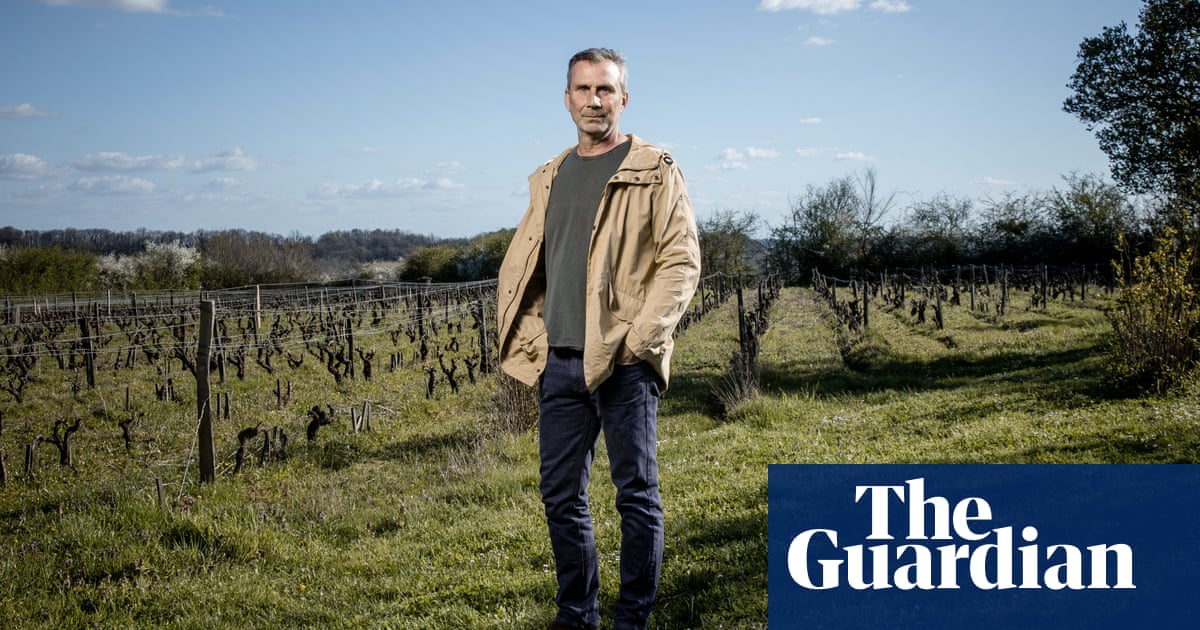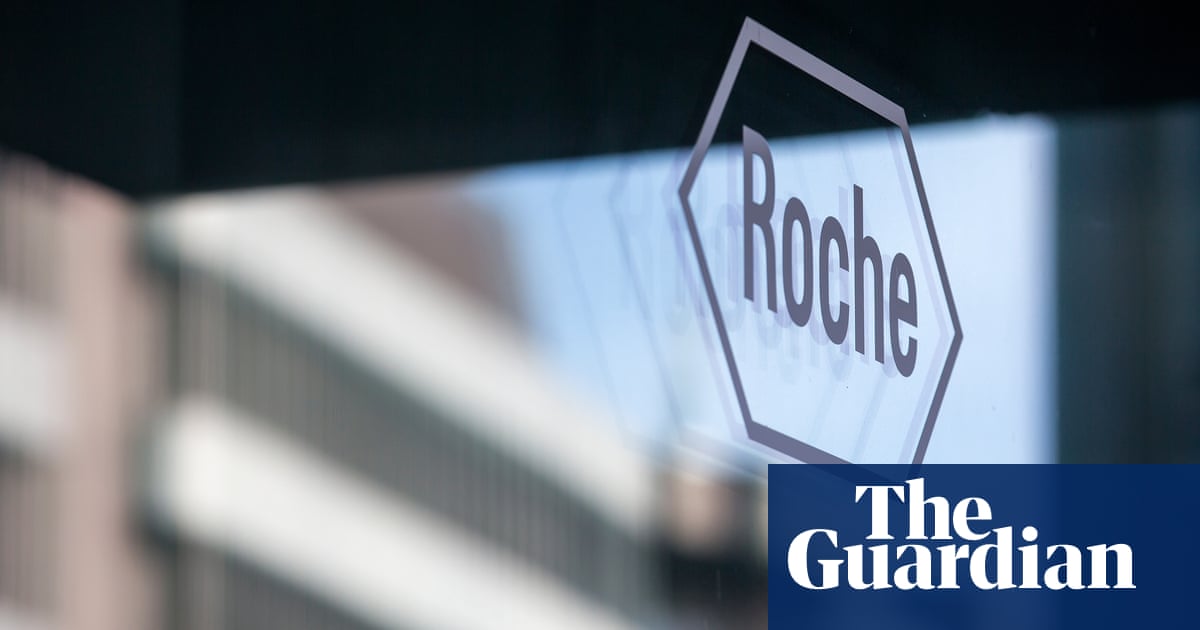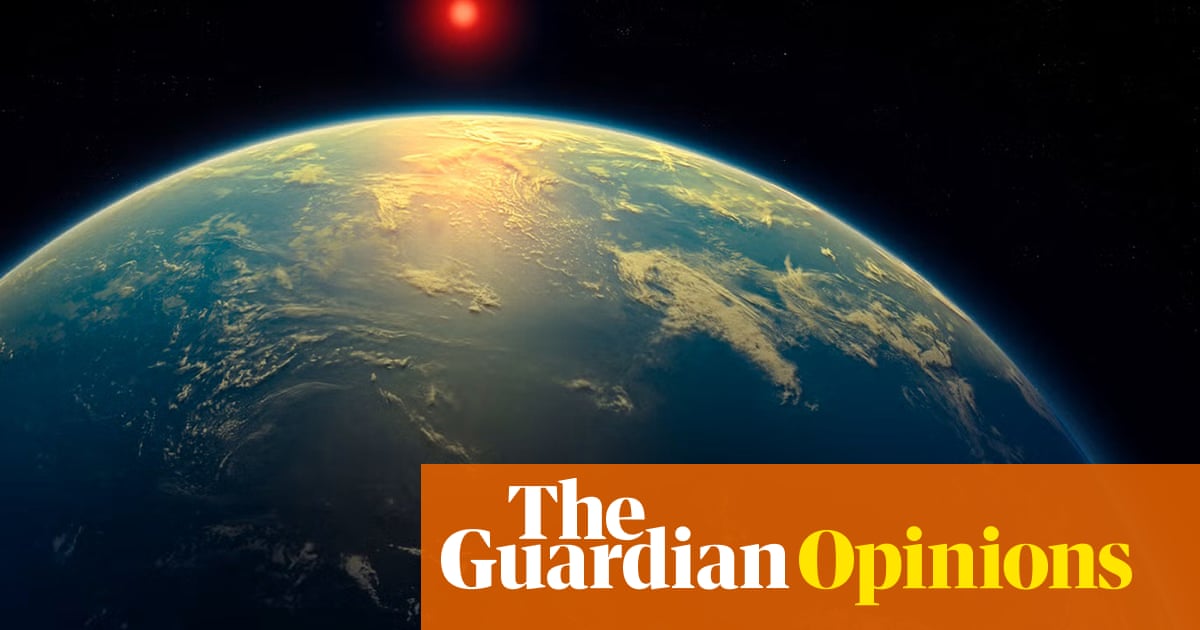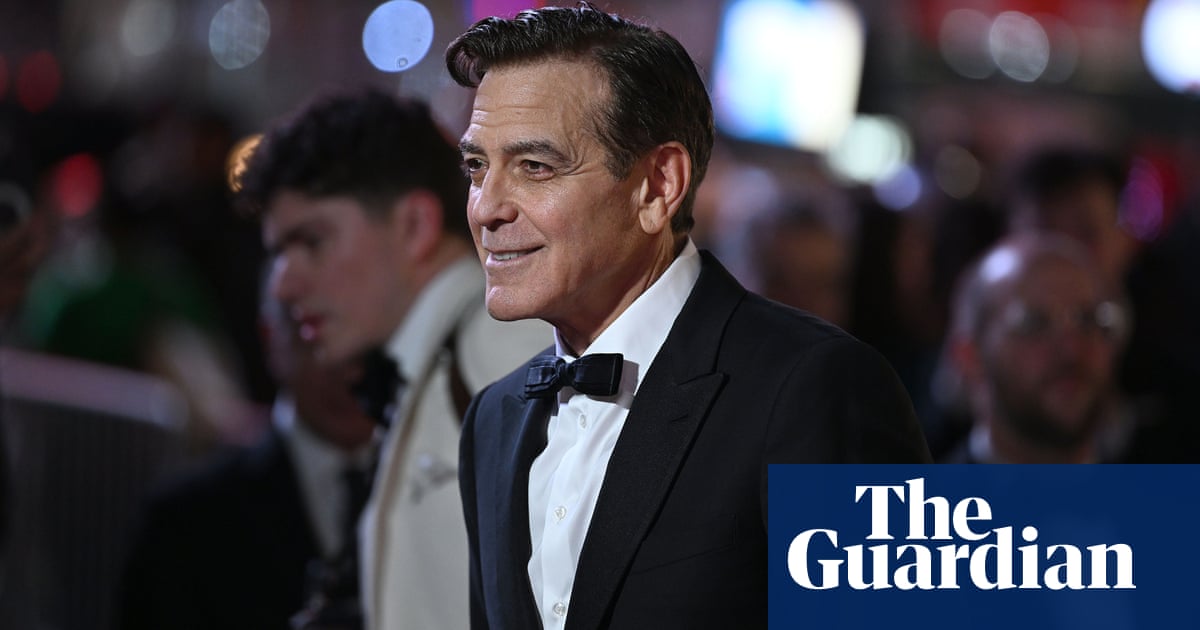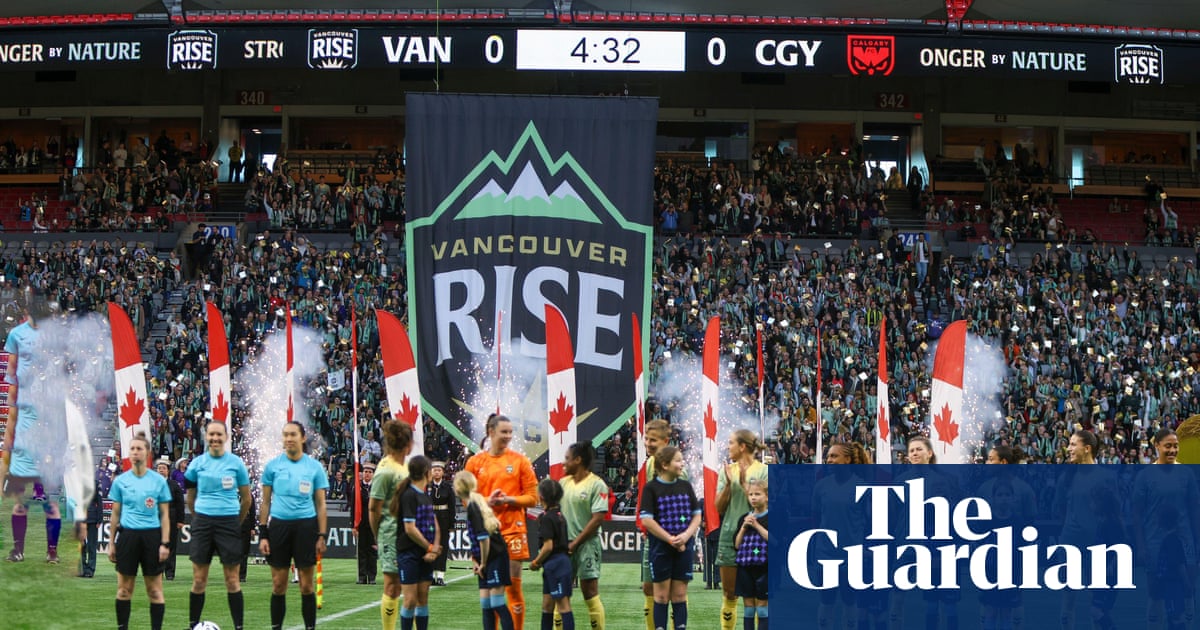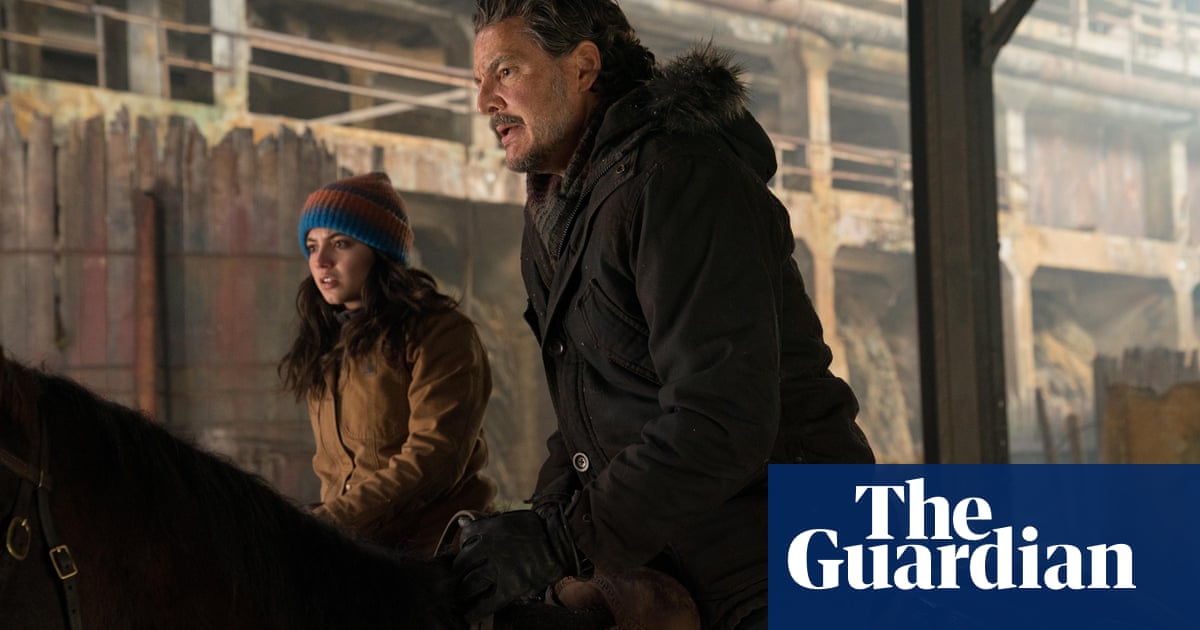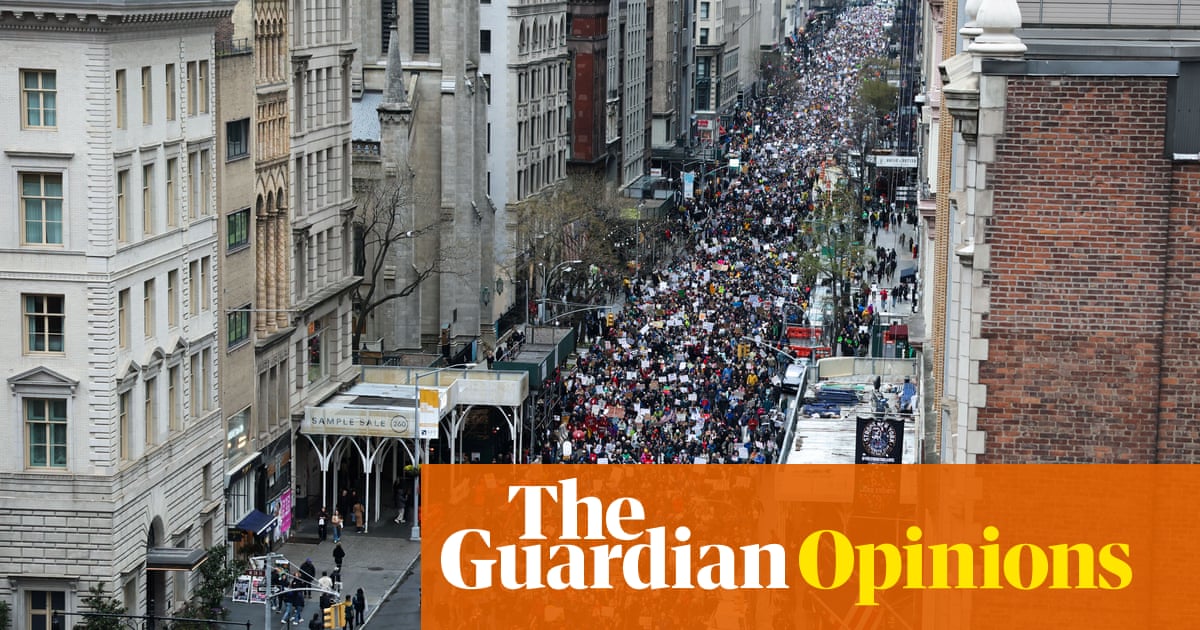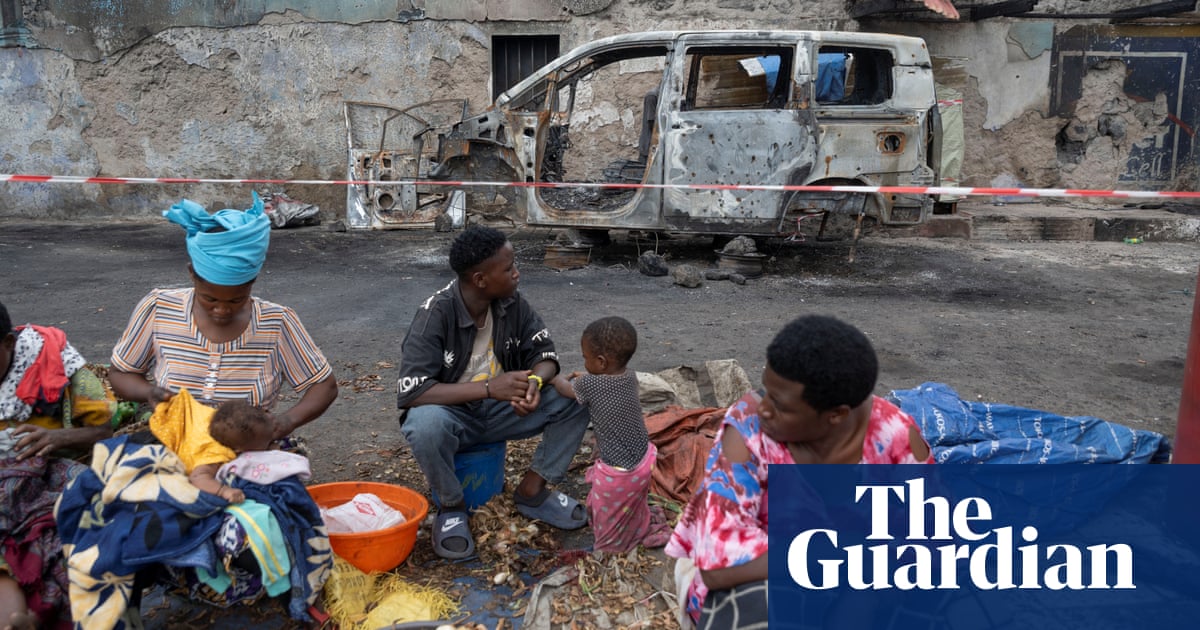It is human nature to prefer our landscapes neatly framed – walls and wooden fences create the illusion that the great outdoors can be controlled and contained. Yet Karen Solie’s wildly unpredictable collection Wellwater flips the script. In this blazingly honest catalogue of human-made hazard and harm, we celebrate instead the contemporary landscapes refusing to be tamed.
Solie, who teaches at the University of St Andrews in Scotland, was born in Moose Jaw, Saskatchewan, in western Canada, where vast prairies supply much of the world’s pulse crops. This fertile expanse in Wellwater, however, seems tired of endless service. The poem Red Spring witnesses how “weeds jump up unbidden, each year a little smarter”. They are trying, almost courageously, to outwit what Solie condemns as “zombie technology”, whose genetically modified “terminator seeds” sprout terrifying plants that are “more dead than alive”.
There is some flicker of peace in less apocalyptic pastoral scenes, as when the “white-tailed fawns sleep inside wild chokecherry/in hollowed-out rooms” and drought-soothing rain falls like confetti from “the mansions of the skies”. But for much of this poetry, as in Pines, the landscape writhes “in distress”. The pages reek of fungicide and glyphosate, a weedkiller that is linked poignantly by the poet to a case of non-Hodgkin lymphoma: “ask the crew boss who cleared the nozzle of my sprayer/by blowing through it,” Solie insists, “they can’t go back.”
This shocking correlation, examined squarely, inspires a refreshing honesty as the poet acknowledges her own flaws: “I don’t know how to make this beautiful”, she confesses. “Can we go back? Meet each other in the old knowledge?” If only we could, is the tragically bitter aftertaste of these poems – a sweet life on the prairie with braids, bonnets and beauty could not be more distant if Solie tried.
In Bad Landscape and the trembling aftershock of fracking and radiation, each word hangs thrillingly from a “low hum of menace”. Any last echo of picturesque expectations splinters with the post-industrial horror – it spills out with the oil and the sea’s treasure chest of toxic waste.
It’s not just “bad landscapes” that burst violently into view. Solie also eats “bad sandwiches” in bad flats. The worst of these hellish boltholes are the “windowless and the bug-ridden”, which are spectacularly reimagined in Toronto the Good as “tiny museums of illegality”. It is here where the real gem of Wellwater sparkles into sight, reinforcing a striking foundational premise: we are all bad landlords of the planet we call home. Or rather, collectively, we are instead bad tenants, as her condemnation of “greed and neglect” encourages us to more humbly concede.
In Basement Suite the image of childhood as a room with barred windows is fascinating, as are the doors between dimensions that creak open in Antelope. Occasionally, you wish Solie would linger a moment longer, lifting the latch to fully let us in. Some ideas remain tantalisingly locked, but her flourishing imagination in The Trees in Riverdale Park stuns – our vegetal cousins somehow “thrive like understandings”. So while some of these gems feel uncut, their intended meanings left unresolved, the raw candour of her reflections leaves us captivated nonetheless.
There is surprising depth, too – profound observations in Orion explain how the “dead can be kinder/than the living,/if you are not related to them”, and in The Bluebird how “Good and bad don’t always line up opposite”. What does line up clearly, however, is the conceit and the content, framing Wellwater in the image of its intriguing namesake – dark and deep, rippling secrets and surprise.

 4 hours ago
6
4 hours ago
6



